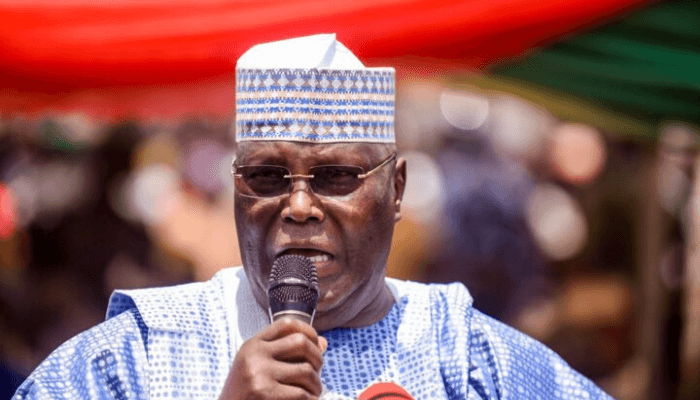DAILY TRUST
Libya continues to offer the cheapest petrol in Africa, with the price of octane-95 gasoline (petrol) standing at 0.15 Libyan Dinar per litre, equivalent to approximately $0.032 or N52 as of September 16, 2024.
This is according to a report by Global Petrol Prices, a platform that tracks retail petrol prices across various countries.
In comparison, petrol prices in Egypt, Algeria, and Angola stood at $0.279, $0.342, and $0.351 per litre, respectively.
These are the only four countries in Africa that sell fuel at cheaper rates than Nigeria.
Current data shows the average petrol price in Nigeria is N1,000 per litre, with black market rates soaring to N1,600 per litre.
Meanwhile, the Central African Republic has the highest petrol price on the continent, at $1.83 per litre.
Senegal ($1.646), Seychelles ($1.595), Zimbabwe ($1.590), Morocco ($1.527), and Uganda ($1.475) are other countries with costlier fuel price per litre, while Malawi ($1.458), Côte d’Ivoire ($1.455), Kenya ($1.453), and Sierra Leone ($1.448) round up the list.
Despite being one of Africa’s largest oil producers, Nigeria faces criticism for its high petrol prices.
This has led to calls for government intervention in the oil sector, with many arguing that the removal of fuel subsidies has negatively impacted citizens.
Abdullahi Aliyu, a resident of Abuja, emphasised that if petrol were priced between N150 and N200, it would significantly lower costs across various sectors, including transportation and food.
He urged Nigerian leaders to learn from Libya’s pricing strategy.
“All over the world, there are various types of subsidies, but I think in Nigeria, the one that plays a vital role in the life of the citizens is petrol subsidy.
“Just imagine that it is being sold at between N150 and N200! Everything will be cheap, including transportation, food and electricity. Our leaders should please learn from Libya,” he said.
Adenike Andrew, an economics graduate turned restaurateur, criticised the rationale behind subsidy removal, arguing that the Nigerian populace cannot bear fuel prices comparable to those in wealthier countries, especially given their lower income levels.
READ THE FULL STORY IN DAILY TRUST



Connect with us on our socials: